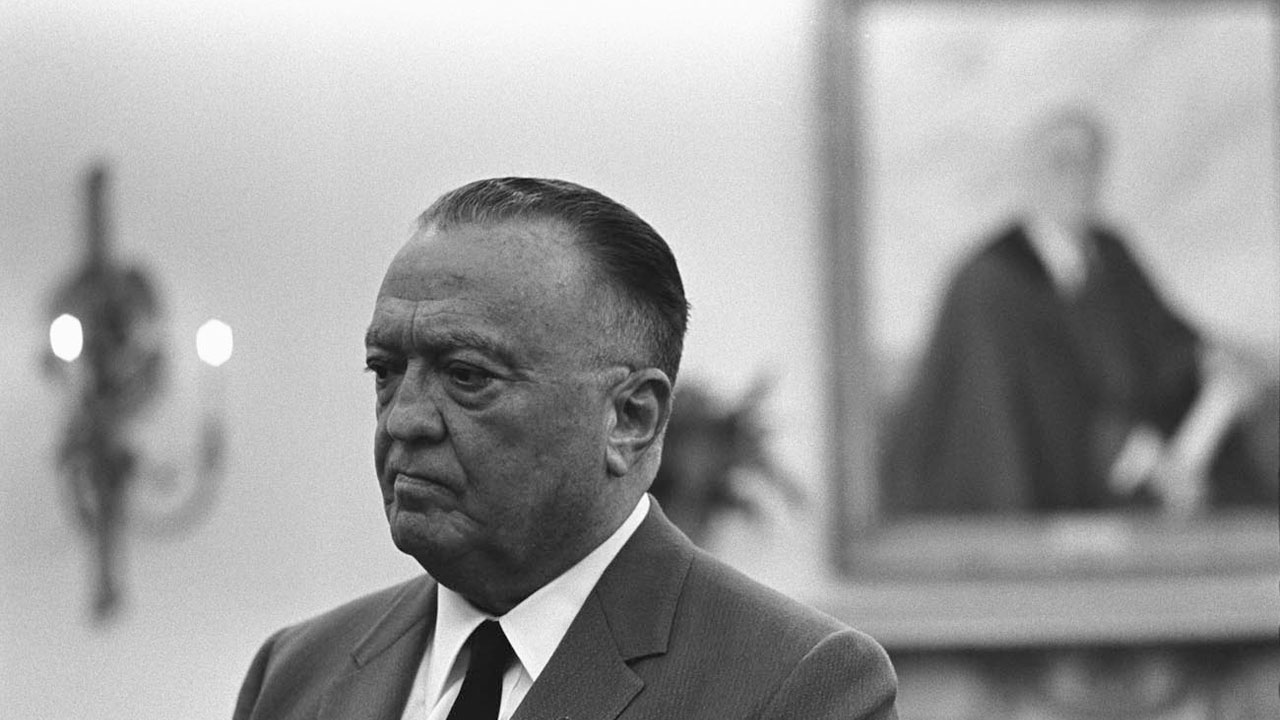Following the Watergate scandal in the mid-1970s, the U.S. Senate Select Committee to Study Governmental Operations with Respect to Intelligence Activities – popularly known as the Church Committee – issued reports revealing that federal agencies had spied on U.S. citizens for years.
In one of the most notorious episodes, J. Edgar Hoover’s FBI targeted Dr. Martin Luther King Jr. as part of its infamous counter intelligence program – COINTELPRO in the Bureau’s lingo – all in the name of “national security.”
Today, in the digital age, our surveillance tools are much more powerful than they were in the days when the FBI tapped King’s phone and bugged his hotel rooms. That’s why the legal dispute between Apple and the FBI is so important.
What might seem like a straightforward request to search the phone of a terrorist has turned into a heated legal battle pitting law enforcement goals against the privacy rights of millions.
The FBI says that all it wants is for Apple to create a “narrow, targeted piece of software” that would allow it to see the contents of the iPhone used by Syed Rizwan Farook, one of the terrorists who killed 14 in San Bernardino in December.
Last month, a federal magistrate judge in California ordered Apple to comply with the request. A magistrate judge in Brooklyn, on the other hand, recently reached a different conclusion when he denied a prosecutor’s request to force the company to unlock an iPhone in a drug case.
Apple has appealed the California order. CEO Tim Cook has explained that the court order would require Apple to create a new version of the iPhone’s operating system, one that would circumvent the encryption that keeps the contents of everyone’s smartphone sealed any prying eyes.
“In the physical world, it would be the equivalent of a master key, capable of opening hundreds of millions of locks – from restaurants and banks to stores and homes,” Cook wrote. “No reasonable person would find that acceptable.”
Dozens of technology companies – including Amazon, Google, Facebook and Microsoft – have signed onto friend-of-the-court briefs in support of Apple’s case. So, too, have a number of organizations dedicated to civil liberties.
In one court brief, 32 law professors from across the country argue that what the government is demanding could give it “de facto control over the course of technical innovation, favoring police access to evidence over the security of our technical infrastructure as well as individual privacy.”
None other than Senator Lindsay Graham has warned that insisting that Apple create a “key” could actually backfire. Initially the senator, known for his hawkish views, urged Apple to cooperate with the FBI. Later, he told Attorney General Loretta Lynch during a Senate oversight hearing that he was “moved by the arguments about the precedent we [would] set and the damage we might be doing to our own national security.”
Another danger, the respected Electronic Privacy Information Center argues, is that decryption code designed to unlock an iPhone might be obtained and used by criminals to steal private financial or other sensitive information. The stakes are high, given that 3 million smartphones are stolen each year.
The surveillance abuses documented by the Church Committee may be a distant memory. But you don’t have to be conspiracy-minded or believe that another Hoover will one day be running the FBI to imagine that something similar could happen again. The documents leaked by former CIA contractor Edward Snowden make clear that in the post-9/11 world, our government operates a highly sophisticated surveillance apparatus that already stretches legal boundaries.
In 1974, Sen. Frank Church, who headed the Senate committee on intelligence-gatherning activities, warned against granting the government too much power to snoop on Americans. Church feared that in the wrong hands, that capability “could be turned around on the American people, and no American would have any privacy left.”
Today, as the courts – and our society at large – grapple with the issues presented in the Apple case, it would be wise to consider Church’s words.



